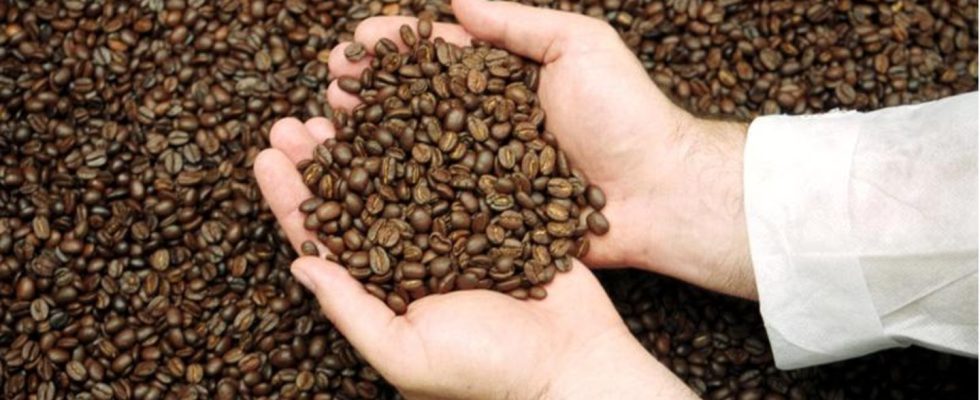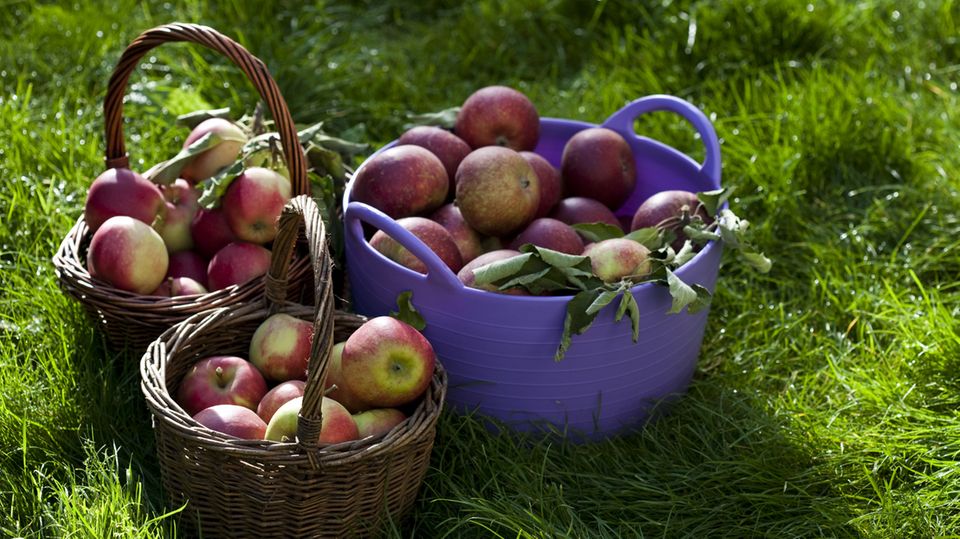Sensitive bean
Climate change is a concern for the coffee industry
Climate change with its rising temperatures is endangering the growth of healthy coffee plants
Coffee is essential for many people in Germany. However, climate change threatens cultivation around the equator. The industry, from farmers to coffee retailers, is struggling to find solutions. And the clock is ticking.
According to the 2023 coffee report from coffee retailer Tchibo, adult coffee drinkers in Germany consume 3.4 cups of coffee per day. According to its own information, the company surveyed 1,500 coffee drinkers between the ages of 18 and 75 in January of this year for the representative survey in collaboration with the statistics provider Statista and the magazine “Brand Eins”.
The industry will meet in Mannheim at the end of September (September 30th to October 3rd) for the International Coffee Convention (ICC). Here, farmers, roasters, traders and researchers want to exchange ideas about an answer to these profound changes. “We want to create science for the coffee industry,” said Steffen Schwarz from ICC at a press conference before the trade fair. In addition to climate change, the big issues are changing consumer behavior, the modernization and digitalization of coffee cultivation, which is often small-scale, and the issue of sustainability.
Von Loeben sees the cause of the challenges in the coffee plant itself. “It is a completely sensitive little plant, it simply doesn’t like it too hot, not too dry or too wet. It needs very specific shade conditions and nutrient-rich soil.” According to her, even slight changes have a direct impact on the yield and quality of the coffee beans.
Climate change: High temperatures are stressful for coffee plants
As an example, she uses Arabica coffee, which accounts for around 60 percent of the world market. This has its ideal growth temperature between 18 and 22 degrees. “Higher temperatures put extreme stress on the plant and can damage it.” The result could be that the coffee fruit ripens faster than the bean inside can develop.
Holger Preibisch, general manager of the German Coffee Association in Hamburg, confirms this: “Coffee is a very sensitive product; coffee only grows in very specific regions of the world, the so-called coffee belt around the equator.” In order to secure the growing areas there, the farmers relied on mixed crops, i.e. the joint cultivation of coffee trees and other plants. This offers better wind and sun protection. Another approach would be new, more resistant breeds.
Von Loeben’s research focus is on breeding. She says, “Coffee, although one of the world’s most valuable crops, is also one of the most unexplored.” The majority of coffee consumption is based on just two types, Arabica and Robusta. According to the researcher, there are “around 130 wild coffee species known to us in nature”. For example, some of them are more resistant to heat or certain pests and can therefore either be grown directly or used to breed hybrids. However, this is not a quick solution; the coffee plant takes three years to produce its first harvest and is used for an average of three decades.
According to the experts, the demand for coffee controls the quality of the supply. Von Loeben and Preibisch doubt that quality seals have a major influence on the industry. This is due to the enormous price sensitivity of consumers in this country, said the association representative. Von Loeben also points out that coffee is grown by small farmers in many places. However, certification costs a lot of money and is often not affordable even for cooperatives.
Dirk Lachenmeier, food chemist and toxicologist at the Karlsruhe Chemical and Veterinary Investigation Office, chairs the ICC Scientific Committee. He points out a major sustainability problem that goes beyond the bean: If the coffee fruit – which has so far mostly been disposed of as waste – is to be recycled, these products must first go through a certification process in the European Union that takes years. Against this background, it is very difficult to convince small farmers in particular of a more sustainable way of doing business.


